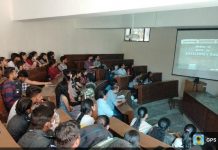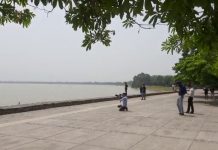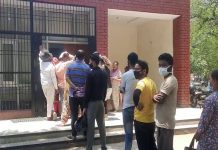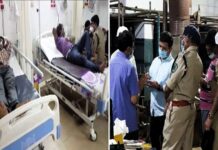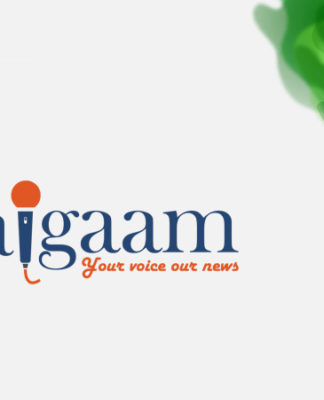Chandigarh, April 22: Even as the government machinery at all levels is embroiled in the battle to contain the spread of the COVID-19 pandemic, the National Disaster Management Authority (NDMA) has urged states to be ready for dealing with the adverse effects of the severe heatwave expected this summer.
The India Meteorological Department (IMD) has predicted that heatwave conditions are likely to be severe in 2020.
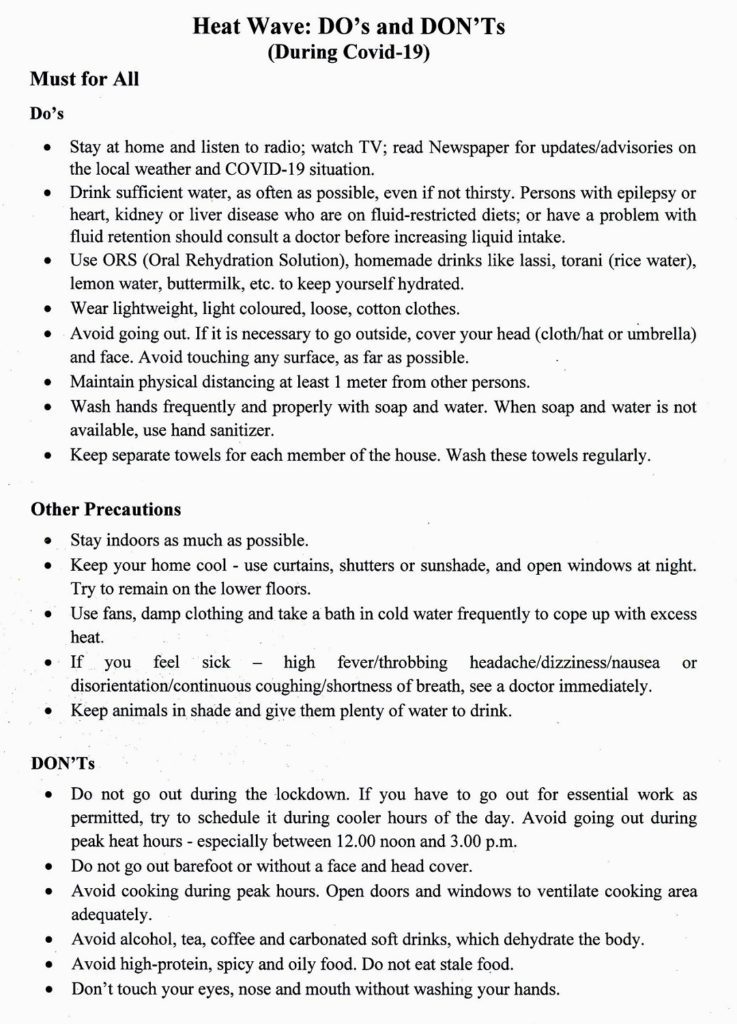
Temperature is expected to exceed 45 degrees Celsius by mid-may in core heat-wave states and parts of Delhi, Punjab and Haryana will be affected by this.
The temperature in some places is already above normal.
“While state governments are focusing their attention on containing the spread of COVID-19 pandemic, proper attention also needs to be taken for mitigating the adverse effects of heat-wave,” a letter was written by NDMA to state governments on April 20 states.
“This is important as heat-wave related illness or death may adversely impact the already overloaded hospital infrastructure in the state,” the letter adds.
A Heatwave occurs when the temperature rises several degrees above the normal maximum temperature, generally between the months of March and June.
Higher daily peak temperatures and longer, more intense heat waves are becomingly increasingly frequent globally due to climate change.
The extreme temperatures and resultant atmospheric conditions adversely affect people they may cause physiological stress, dehydration, heat cramps, heat exhaustion or heat stroke.
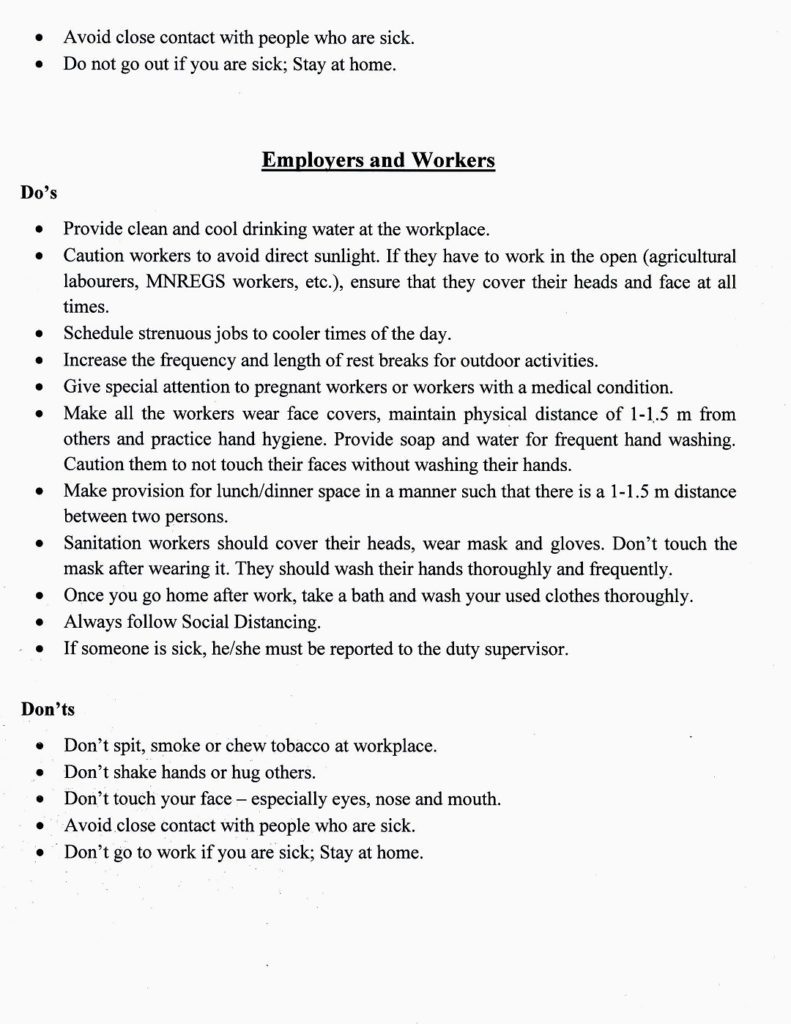
These may also result in death. Drought and water shortage are other impacts.
NDMA has urged state governments to complete the preparation of, or revise and update, their respective city, district and state-level heat-wave action plans and implement various activities for mitigation of the heat-wave risk.
In order to facilitate states in better management of the heat-wave season in 2020, NDMA has also prepared a list of dos and don’ts on heat-wave keeping in mind the containment of the spread of COVID-19.
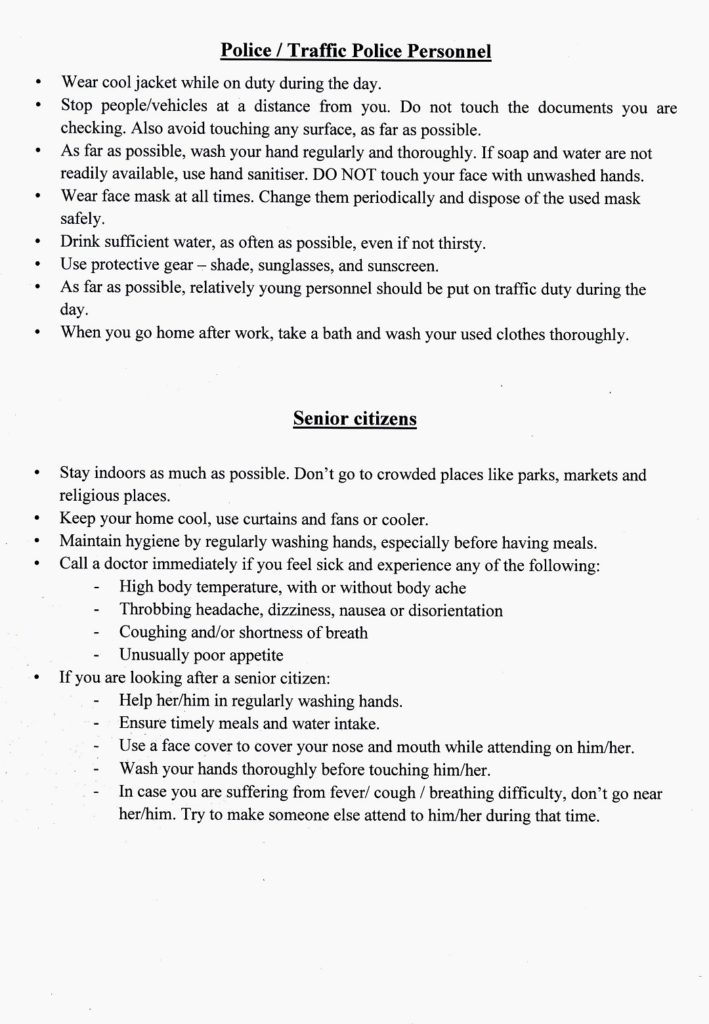
Separate sets of dos and don’ts have been made for the general public, employers and workers, police and traffic personnel and senior citizens.
NDMA has asked the state governments to widely disseminate the lists to all concerned and undertake massive information, education and communication campaign to contain the heat-wave related illness or deaths.













